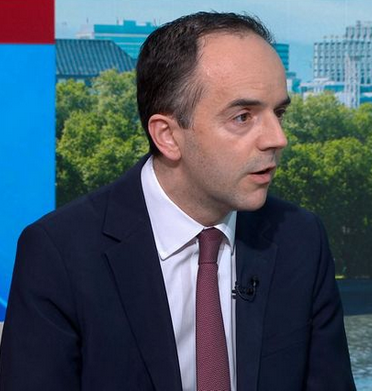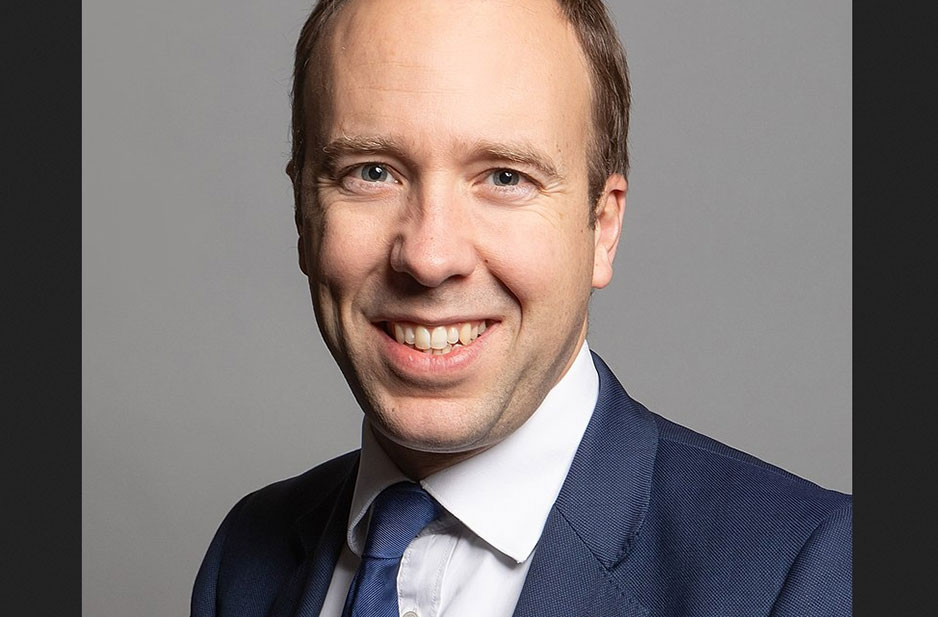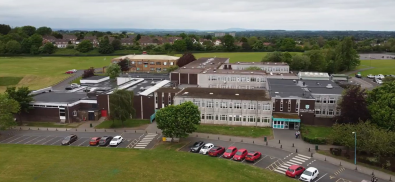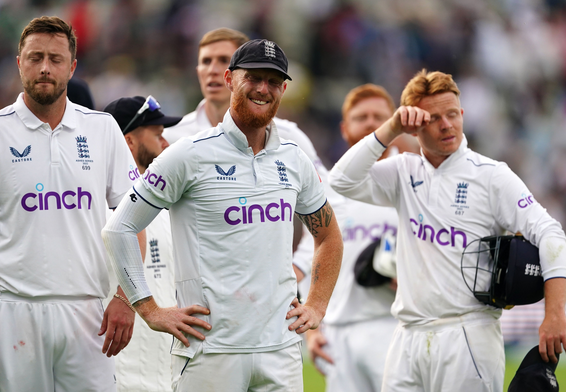Health Secretary Matt Hancock has said that the NHS will be ready from December to roll out the new coronavirus vaccine if it gets approved.
He said the news about the vaccine was an important step but "there are no guarantees". He also said "we don't know" how many people will need to be vaccinated in order for life to return to normal. And he announced that NHS staff will now begin being tested twice a week.
While the number of deaths recorded is higher than previous days, there is often an increase at the beginning of the week due to delays in weekend reporting.
Early results from the world's first effective coronavirus vaccine showed it could prevent more than 90% of people from getting Covid.
The vaccine has been developed by pharmaceutical companies Pfizer and BioNTech and is one of 11 vaccines that are currently in the final stages of testing.
The companies now plan to apply for emergency approval to use the vaccine by the end of November - and a limited number of people may get the vaccine this year.
The UK has already ordered 40 million doses - enough to vaccinate up to 20 million people, as each person will need two doses for it to work effectively. But Prime Minister Boris Johnson warned people not to "rely on this news as a solution" as it is still "very, very early days".
Speaking in the Commons, Mr Hancock said: "If this or any other vaccine is approved, we will be ready to begin a large-scale vaccination programme.
"We do not yet know whether or when a vaccine is approved, but I have tasked the NHS with being ready from any date from 1 December." Earlier, hea said the bulk of the rollout of a vaccine was always expected to be in the first part of 2021.
Asked about how many people would need to be vaccinated, Mr Hancock said: "The honest truth to that question is we don't know what proportion of the population vaccination needs to reach in order for this to stop the epidemic.
"The reason we don't know that is you can check in a clinical trial for the impact of the vaccine on protecting the individual... what you cannot check is the impact on the transmission of the disease by those people, because you have to have enough of the population, a significant proportion of the population, to have had the vaccine to understand that."
He said that vaccinations would take place in care homes, centres such as sports halls and also clinics that would open seven days a week. He also said he was giving GPs an extra £150m to help with the roll-out, and he believed NHS staff "will rise to this challenge of being ready when the science comes good to inject hope into millions of arms this winter".
"There are many hard days ahead, many hurdles to overcome, but our plan is working and I'm more sure than ever that we will prevail together."
Mr Hancock added that new rapid swab tests - which give results in less than an hour - will be made available across 67 local areas, after they were used in a mass testing trial in Liverpool.
Older care home residents and care home staff are at the top of a list from government scientific advisers of who should be immunised first, followed by health workers.
The Covid vaccine is the fastest ever vaccine to go from the drawing board to being proven highly effective. It will not be released for use until it passes final safety tests and gets the go-ahead from the Medicines and Healthcare products Regulatory Agency.
"Our strong and independent regulator the MHRA will not approve a vaccine until it's clinically safe," Mr Hancock said.
The British Medical Association, which represents doctors, said GPs have been told to prepare to give patients two vaccine doses - to be delivered between 21 and 28 days apart - during clinics that could run between 08:00 and 20:00 GMT seven days a week.
It added that, due to the logistics and delivery requirements, including the need to store it at very cold temperatures, it was likely that groups of GP practices would need to work together with one "designated vaccination site".

















